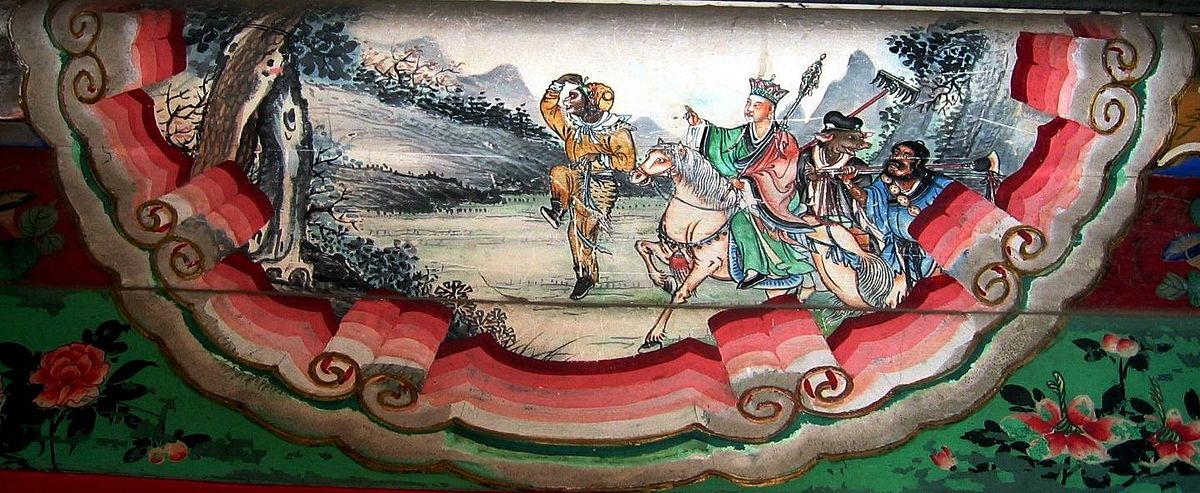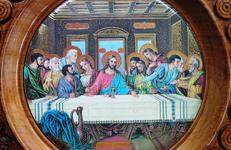Learner
Veteran Member
It's really quite intriguing to see, as I see it, the portrayal of a 'desperate-like' insistence to "separate and disassociate" the Christian from the Jewish scripture. Are you a secret closet Secular Jew with some sort of sectarian grudge?The usual Christian babble. The non Jewish Christians in the 1st 2nd century rejected Jews and took the Jewish scripture as their own. Ever since then antisemitism has been a part of Christianity.
Anti-Semitic, oddly...is liken to your anti-christian ranting.
I see... then according to gospels, who did Jesus stone for breaking the Mosaic laws that he was preaching?Jesus was a Jew preaching Mosaic Law, at least according to the gospels.
Follow Jesus. Keep kosher and go to a temple.
Who stones or kills people today for breaking the commandments? According to your reading of the gospel, this apparently is still happening today in the Jewish community.
Who today is following the Mosaic laws again?
Last edited:





 There is much more in the Gospels that is probably fiction besides just the miracles. When did I write otherwise?
There is much more in the Gospels that is probably fiction besides just the miracles. When did I write otherwise?